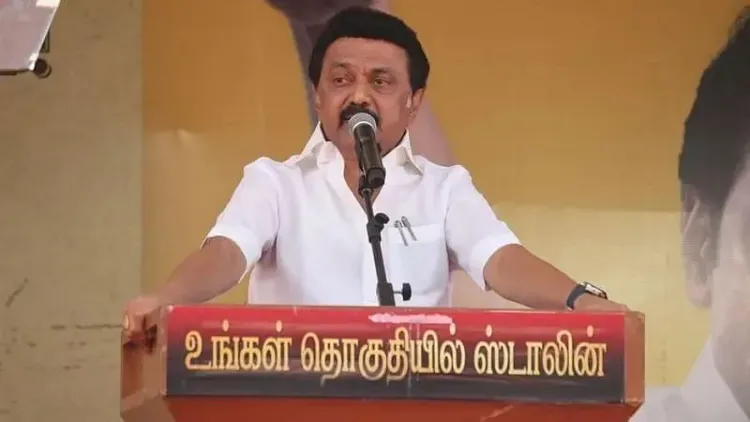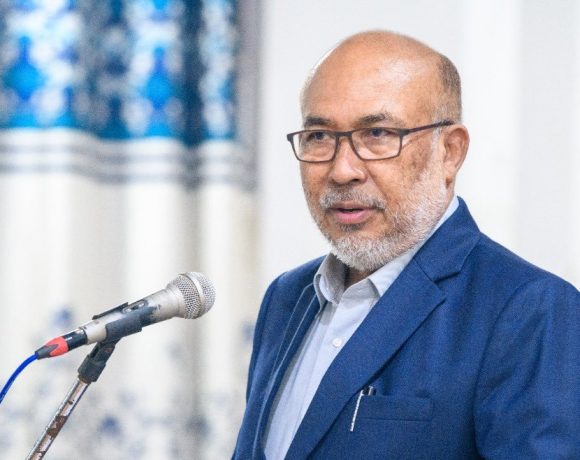
Tamil Nadu Moves SC Over Withheld Education Funds
The Tamil Nadu government has approached the Supreme Court, accusing the Union Government of unlawfully withholding ₹2,291.30 crore in education funds meant for the fiscal year 2024–25. The state alleges that this financial blockade is a retaliatory move by the Centre for Tamil Nadu’s refusal to implement the National Education Policy (NEP) 2020.
The withheld amount includes the Centre’s share of ₹2,151.59 crore under the Samagra Shiksha Scheme (SSS), a crucial education funding program. Tamil Nadu pointed out that its proposal had already been cleared by the Project Approval Board, yet the funds have not been released. The state calls this not just financial discrimination, but also an assault on the federal structure of the Indian Constitution.
Tamil Nadu’s Objection to NEP 2020
Tamil Nadu has long opposed the National Education Policy 2020, specifically its three-language formula, which includes Hindi. The state continues to uphold its two-language policy — Tamil and English — asserting that education is a state subject and central policies cannot be forced unilaterally.
The petition filed in the Supreme Court argues that the Centre is violating the spirit of cooperative federalism and exceeding its constitutional limits. By linking fund disbursal to policy compliance, the state says the Centre is punishing dissent and using monetary power as a political weapon.
Relief Sought Under Article 131
Tamil Nadu’s petition invokes Article 131 of the Constitution, which empowers the Supreme Court to adjudicate disputes between states and the Union. The state seeks the immediate release of ₹2,291.30 crore, with 6% annual interest starting from May 1, 2025. It also asks the Court to declare that the implementation of NEP 2020 and the PM SHRI School Scheme is not binding on states.
Further, the plea demands a judicial declaration that the Centre’s actions are unconstitutional, arbitrary, and politically motivated. The legal battle is being watched closely for its potential to redefine Centre-State dynamics in the domain of education policy.
Political and National Implications
Chief Minister M.K. Stalin has openly criticized the Centre, accusing it of playing “petty politics” at the cost of schoolchildren’s futures. He reiterated Tamil Nadu’s commitment to resisting any attempt to impose central education policies that conflict with the state’s unique linguistic and cultural framework.
This confrontation not only highlights Tamil Nadu’s defiance against the imposition of NEP but also opens a broader debate about federal autonomy in India. The Supreme Court’s decision could set a major precedent on whether the Union can use fiscal control to enforce compliance in matters constitutionally assigned to states.


















